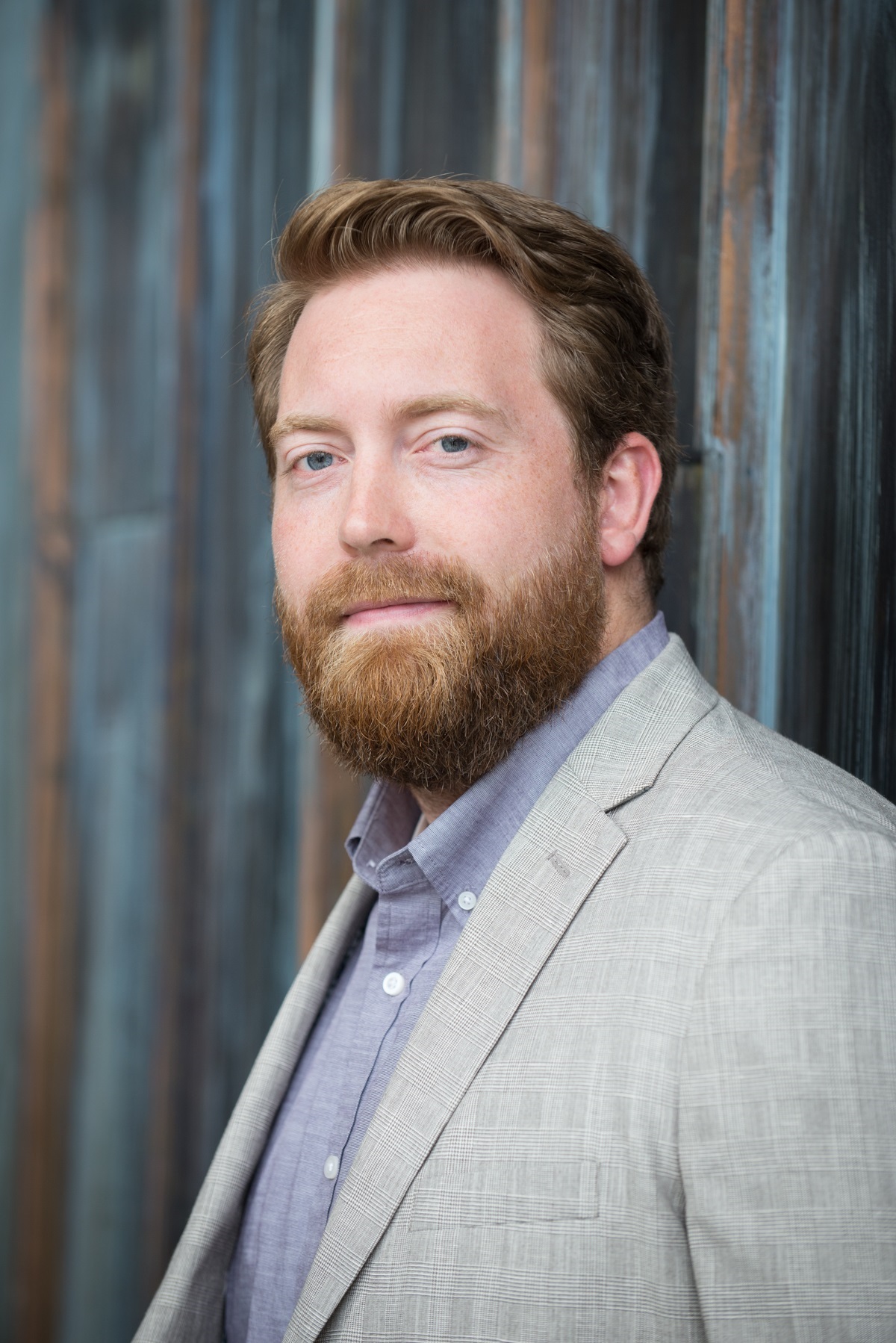Optimism and adversity | A series on personal resilience

Why Are Optimistic People Optimistic?
In my previous post, I wrote about resilience—what it is and what it isn’t—and how resilience can be learned. I also wrote about how the opposite of resilience—helplessness—can also be learned. Lastly I talked about the effects our “explanatory styles” can have on how we respond to adversity.
Today we’re going to talk about optimism.
According to Dr. Martin Seligman, a professor of psychology and the director of the Positive Psychology Center at the University of Pennsylvania:
- About 50 percent is simply genetic. Some people are predisposed to be optimistic.
- Another source is our mothers: “There’s a markedly high correlation between our level of optimism and your mother’s, but not your father’s. One theory to explain this correlation is that mothers still tend to be primary caretakers and therefore have a greater influence on their children.”
- The third source is the reality of the bad events that happen to you. “If you want to be an athlete but you’re born clumsy, you’re likely to expect one setback after another. A sequence of failures naturally leads to the expectation of failure.”
Study after study show that if you approach life with a sense of possibility and the expectation of positive results, you’re more likely to lead a life in which possibilities are realized and results are positive. In other words, for many optimism is a self-fulfilling prophesy.
Seligman warns, however, that we should not think of optimism as a panacea. “[Optimism] doesn’t give you wisdom, compassion, or a direct line to the truth,” he says. Instead, Seligman advocates for “flexible optimism,” which factors in risk, rather than a blind faith in positive outcomes.
To be a flexible optimist is to (1) see the world accurately; (2) react appropriately, using the most effective explanatory style; and (3) avoid letting pessimism obscure your accomplishments.
You Can Change Your Explanatory Style for the Better
How we encounter and react to life’s setbacks can be broken down like this:
- Adversity: We face a setback. This setback then causes us to form:
- Beliefs: From there we form thoughts, feelings, and an interpretation of the setback. These beliefs lead to:
- Consequences: Our beliefs regarding the setback influence how we react.
According to Seligman’s theory of “learned optimism”—which he details in a book by the same title—it’s not adversity itself that creates our reactions. It’s our beliefs about the adversity we face.
If your beliefs have been leading to negative consequences and sabotaging your resilience, you must change the way you think about setbacks.
Seligman recommends judging your beliefs on four criteria:
- Evidence: What are the facts? Does the evidence support your belief?
- Alternative: Pessimists have a tendency to latch onto the grimmest of explanations for a bad event, oftentimes ignoring more positive explanations.
- Implications: When faced with a setback, pessimists have a tendency to jump to more and more catastrophic implications. But what are the chances of these implications really happening?
- Usefulness: Just because a belief is true doesn’t mean it’s useful.
“Practice disputing your automatic interpretations all the time from now on,” writes Seligman in Learned Optimism: How to Change Your Mind and Your Life. “Anytime you find yourself down or anxious or angry, ask what you are saying to yourself. Sometimes the beliefs will turn out to be accurate; when this is so, concentrate on the ways you can alter the situation and prevent adversity from becoming disaster. But usually your negative beliefs are distortions. Challenge them. Don’t let them run your emotional life. Unlike dieting, learned optimism is easy to maintain once you start. Once you get into the habit of disputing negative beliefs, your daily life will run much better, and you will feel much happier.”
###
David Chrisinger is a Foresight and Strategic Planning Analyst at the U.S. Government Accountability Office. Prior to joining GAO’s Office of Strategic Planning & External Liaison Office in 2017, David was a Senior Communications Specialist for seven years in GAO’s Education, Workforce, and Income Security Team, where he helped write research reports and testimonies for the U.S. Congress. For six years, David also taught public policy writing at Johns Hopkins University, and in 2017, Johns Hopkins University Press published David’s book PUBLIC POLICY WRITING THAT MATTERS. The opinions and views expressed in this article are the author’s and are not necessarily intended to reflect GAO’s institutional views.
